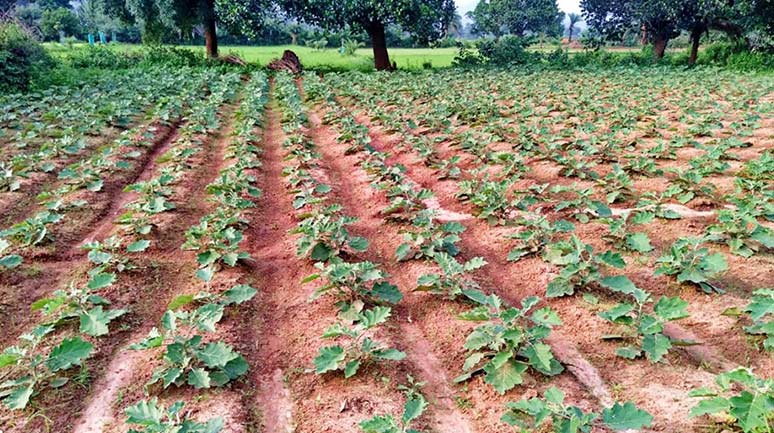Koraput District: A Sustainable Livelihood Prototype


“Shifting from individualfocused sectoral thinking to livelihood-basket thinking” proves very successful in Lamtaput block, Koraput district, resulting in enhanced farmers’ income, establishing women’s identities as farmers and integrating ecological aspects so as to generate sustainable livelihoods.
Introduction
M OST DEVELOPMENT POLICIES AND interventions talk about strengthening livelihoods for dignified living and economic prosperity. Although there may be many debates around whether strengthening livelihoods is enough to reduce various forms of inequalities, such as those based on gender, caste and class, in the end, most of these arguments locate the failure to reduce inequalities on the approach taken.
As Datta et al. (2014) note, “Most development programs till recently have focused on individual beneficiaries and most of these programs also have been sectoral. Shifting from this individual focused sectoral thinking to livelihood-basket thinking has often not happened.” The argument, then, is that improving livelihoods has tremendous 14 NEWSREACH NOV_DEC 2018 potential to address the different facets of inequalities, provided that the approach for executing it is planned appropriately. A thorough situational analysis was carried out, over a period of almost a year, to identify locally grown crops, the various agricultural practices followed, the perceived challenges, and the possible rationale for the existing gaps.
A thorough situational analysis was carried out, over a period of almost a year, to identify locally grown crops, the various agricultural practices followed, the perceived challenges, and the possible rationale for the existing gaps
PRADAN’s experience in Lamtaput Block, Koraput District, Odisha
Lamtaput is located 60 km from the district headquarters in Koraput. Koraput is part of the Kalahandi Balangir Korapur region, known for its abject poverty. Low literacy has been a root cause of the vulnerability, discrimination and injustice; Koraput ranks 631 out of the 640 surveyed districts, in its rate of literacy (TOI survey). Agriculture is the primary source of livelihood for almost 60–70 per cent of the households of Lamtaput. Many depend on only rain-fed agriculture, due to the very poor irrigation facilities available. Paddy and millet are the two major food crops.
Monisha Mukherjee works with PRADAN as Team Co-ordinator, Research and Advocacy, and is based in Delhi. She was earlier based in Koraput, Odisha
Sasanka Sekhar Sahoo works as Team Co-ordinator in PRADAN and is based in Lamptaput, Koraput.
Bhaskar Borah works as an Executive in PRADAN and is based in Lamptaput, Koraput. Pradesh
Sandeep Patnaik works as Team Co-ordinator in PRADAN and is based in Churchu, Jharkhand. He was earlier based in Lamtaput, Koraput

